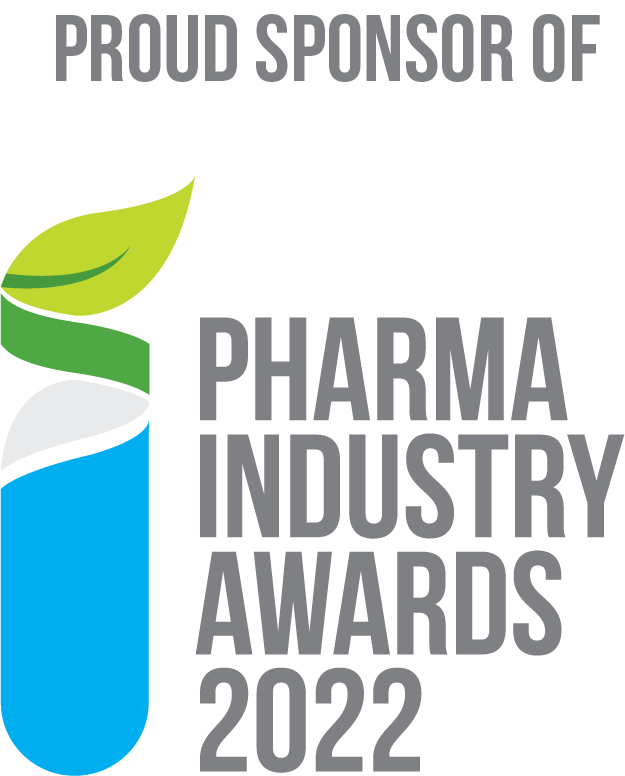The Key To Sustainable Cosmetics Is Manufacturing Efficiency

In recent years it’s been hard not to have climate change at the forefront of our minds. Since we now actively look to reduce our impact on the planet, ‘sustainability’ is a word gaining massive backing. We’re looking for it in everything from our food, phones, and face creams.
One of the cornerstones of sustainable cosmetics is efficiency. If you make more with less, you don’t need so much to begin with. This saves money and keeps the planet happier. By focusing on what manufacturers can do right now with recent technological advancements, we can start to make a positive, practical change. A recent review on sustainability within the cosmetics industry stated:
Attention should be given to innovation (eco-innovation and sustainable innovation) whether it is in products, processes, management frameworks or business philosophies, since it is innovation that continuously shapes the physical, biological and social environments.
From this, you can see sustainability in cosmetics is multifaceted. Everything from raw materials, production, packaging, and transportation come together to impact the overall carbon footprint and ecological effect of our cosmetics consumption. This study outlines the need to seek process innovations to combat these challenges.
Striking a balance with efficient manufacturing
It would be extremely uncommon not to find colorants in any of the products inside your bathroom cabinet. If we choose to focus on sustainability, we will favor natural pigments and dyes. We do this because we associate synthetic colorants with ill health and environmental effects.
In a previous blog, we discussed how mica is a colorant widespread in cosmetics. Mica is a natural colorant that is derived from complex minerals. Still a natural substance, but there’s a catch. There are potential ethical and environmental considerations here, also. Much of the world’s mica is manufactured in areas where child labor is prevalent. As mica itself is mined, it goes hand-in-hand with adverse environmental effects.
To avoid these issues, you can substitute mineral-based colorants for botanically derived ones. But equally, there’s a balance to be struck here, too. The preference for cultivating pigment-generating plants and crops may prompt deforestation if not adequately managed.
The discussion of what is sustainable and what is not is a complex one. It’s a topic that requires a constant pursuit of equilibrium. Our growing appetite for raw materials triggers a supply and demand tug-of-war. We have immense power to make positive strides in sustainability for cosmetics manufacturing by refining and adopting better ways of producing things.
Step into the factory of tomorrow
By focusing on implementing smarter efficiencies within the manufacturing environment, we cut down on the raw material needed for our end-products. This has the effect of reducing waste and nonconformance to increase yield and quality. For mica, as with other powdered raw materials, whether mineral, plant-based or synthetically-derived, tightly controlled particle size is key to achieving the target finish and quality.
A traditional method of determining particle size distribution is sieve analysis. This method is limited by a lack of process insight and resolution. In the era of Industry 4.0, we’re looking to build the factory of the future. This requires us to embrace cutting-edge technologies.
To achieve higher standards of efficiency, quality, and yield, we need the tools capable of delivering those goals. Eyecon2 is a direct imaging system that generates real-time particle size and shape information in a variety of critical processes used in cosmetics manufacturing. It’s the ideal tool to deliver the process understanding and process control needed to increase productivity, yield, and achieve quality targets.
A unique feature of Eyecon2 is its non-product contact analysis and profiling of wet or dry powders and bulk solids. This means it’s right at home in cosmetics manufacturing to ensure product quality and safety. To see how Eyecon2 can benefit you, get in touch.
At InnoGlobal Technology (formerly Innopharma Technology), we’re driven to push the boundaries of industry and share our knowledge. Follow us on LinkedIn and Twitter for more exciting developments from trailblazing R&D to Industry 4.0!

